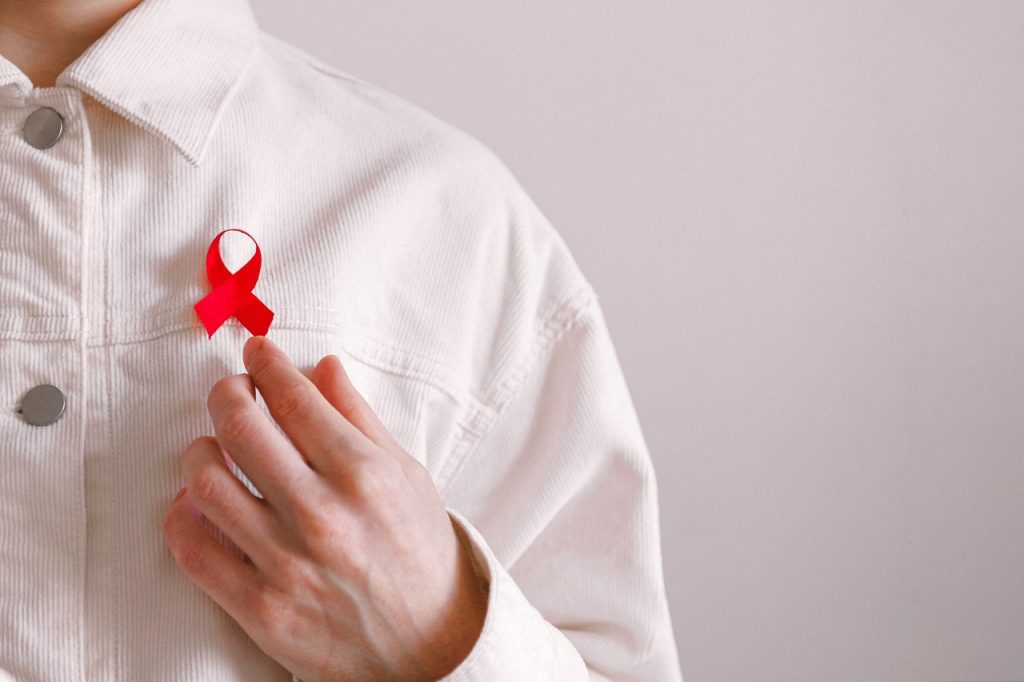News
US vows to help PH control, reverse AIDS epidemic: exec

MANILA – The United States government has vowed to continue supporting Manila in its efforts to control and eventually reverse the acquired immunodeficiency syndrome (AIDS) epidemic that affects over 100,000 Filipinos in the country.
“Building on the US government’s strong and enduring partnership over the past 75 years with the Philippines, the US is proud to support the Philippines’ objective in delivering quality people-centered HIV (human immunodeficiency virus) prevention and treatment services, and strengthening efforts to control and eventually reverse the HIV epidemic,” United States Agency for International Development (USAID) Philippines Acting Mission Director Sean Callahan said in a forum on Wednesday as the global community observes the World AIDS Day.
The USAID is closely working with the Department of Health (DOH) and other stakeholders through a PHP875-million program, which was launched early this year under the US President’s Emergency Plan for AIDS Relief (PEPFAR).
Through this initiative, the US is providing the country with HIV prevention drugs, known as pre-exposure prophylaxis (or PrEP), for persons at risk of getting infected with the virus.
It also helps Manila scale up its case-finding efforts and promote ethical and stigma-free counseling and testing approaches for HIV-positive individuals.
“We recognize that we have a long road ahead of us in eliminating HIV in the Philippines. As an enduring friend, partner, and ally, we remain committed to standing by the Philippine government, civil society organizations, and the people during their journey to epidemic control,” Callahan said.
DOH Disease Prevention and Control Bureau director Beverly Ho, for her part, reiterated the DOH’s commitment to addressing issues related to AIDS even amid the challenges posed by the pandemic.
Ho said the Philippines averaged at least 22 HIV cases per day last year, lower than pre-pandemic figures pegged at 36 cases per day possibly due to lack of access to tests due to the restrictions imposed because of coronavirus.
Based on the latest data from the UNAIDS, some 120,000 adults and children are currently living with HIV in the Philippines.
“The DOH remains committed to addressing issues on HIV and AIDS and also the related issues that we see more often in patients who exhibit these types of conditions,” Ho said.





















